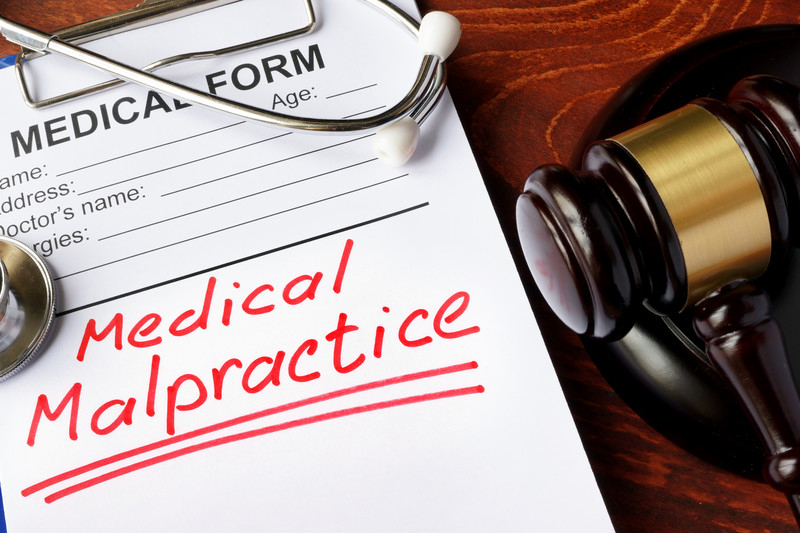A medical malpractice case arises when a healthcare provider – physicians, nurses, osteopaths, dentists, and others providing medical services – breaches the accepted medical practices for a specific specialty of medicine. Since it is vital to prove the negligence of the healthcare provider and that the negligence caused the injury, medical chart review is of great significance. The medical malpractice attorney will have to understand all intricate details of the case and then present the evidence at a court trial.
Let us look at some of the important questions an attorney will have to consider in a medical malpractice case so that he/she can develop the case properly.
- Is there a doctor-patient relationship?For a medical malpractice suit to be brought against a provider, a clear doctor-patient relationship must exist. Important questions in this regard are whether the injured plaintiff obtained care from the healthcare provider; and whether the provider treated him/her directly. Not only physicians, but nurses, other medical workers, hospitals, technicians – all are included in the above-mentioned relationship.
- Who are the healthcare providers involved?The attorney must have an accurate list of the specific healthcare providers involved in the case. This should include those providers who had treated any pre-existing conditions that could be pertinent to the case in hand. Once the list is ready, the attorney will have to request the medical records from each of these treating physicians.
- When did the plaintiff first discover the injury?There is a time limit within which a medical malpractice case must be filed. Though this timing may vary with different states, it could range from 6 months to 2 years. If the case is not filed within the applicable statute of limitations, it could be dismissed. It is to be noted that this statute of limitations starts not necessarily from the time of treatment, but rather from the time the injury was first noticed.
- Was there a breach of the standard of care required for the particular treatment?All mistakes a provider makes may not amount to negligence. So, this is something the medical malpractice attorney will have to clearly understand. It is necessary to prove that the accused healthcare provider was negligent in a way that another provider, in circumstances that are similar, would not have been. Important considerations in this regard are:
- Was the diagnosis wrong?
- Were unnecessary medical tests ordered with a view to make money?
- Did the doctor provide any improper treatment?
- Did the doctor fail to warn the patient regarding the risks involved?
- Was the patient given proper care?
- Were there any organ replacement defects involved?
These questions may vary with each case because the levels of standard care could vary with the particular health concerns and the circumstances.
- Is the patient really a victim of medical malpractice or is the injury an unexpected outcome?The attorney needs to first find out whether the person is actually a medical malpractice victim. A medical malpractice case can be won only if the negligence of the healthcare provider is established clearly. If a patient is injured or dies in spite of the provider giving the best care possible would be considered an unexpected outcome, unlike when a patient is injured because of a misdiagnosis.
- Did the patient have any pre-existing health conditions?If there are any pre-existing conditions, that could work against the plaintiff because the injury could be related to those conditions. It may be difficult to prove that the doctor’s negligence, and not the pre-existing conditions that led to the specific injury.
- What impact has the injury made on the plaintiff’s life?To show that the injury led to certain damages, the attorney will have to know the extent of physical and mental pain and suffering the plaintiff experiences after the injury. Details such as medical expenses incurred, wages lost, future earning capacity and so on will also be required.
As a medical record review company assisting medical malpractice attorneys, we know that apart from the plaintiff’s medical records, there may be other relevant documents attorneys need such as statements from doctors, medical bills, health insurance details, any relevant photographs showing the plaintiff’s injury and resultant condition, proof of lost wages and so on. To read and clearly understand the content of the medical records, and also to meet any tough deadline, medical malpractice attorneys prefer to hire medical records services to evaluate the medical documentation. Such external support also enables attorneys to gain valuable time to study the case very well and develop a good argument, while also preparing their clients for the trial.
Disclaimer: The content in this blog is meant for informational purposes only and is not meant as professional legal advice. Contact an experienced medical malpractice attorney for a professional opinion.




